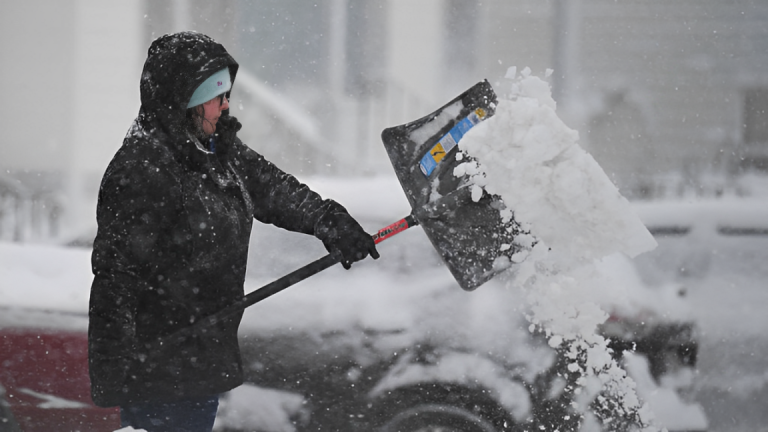As Allentown, Pennsylvania, prepares for the annual shift in timekeeping, residents should mark their calendars for the upcoming Daylight Saving Time (DST) changes in 2025.
On Sunday, March 9, 2025, at 2:00 a.m., clocks will move forward by one hour, ushering in longer evenings and signaling the start of DST.
This period will continue until Sunday, November 2, 2025, when clocks will be set back by one hour at 2:00 a.m., returning to Standard Time.
The Origins and Purpose of Daylight Saving Time
The concept of adjusting clocks to extend evening daylight hours dates back to World War I. Germany and Austria initiated DST in 1916 to conserve fuel by reducing the need for artificial lighting.
The United States adopted the practice in 1918 under the Standard Time Act, aiming to save energy during wartime.
After the war, DST was repealed due to its unpopularity, especially among farmers who found the time shift disruptive.
However, during World War II, President Franklin D. Roosevelt reinstated year-round DST, known as “War Time,” from 1942 to 1945.
Post-war, the lack of federal regulation led to a patchwork of local practices until the Uniform Time Act of 1966 standardized the observance of DST across the country.
Modern-Day Observance and Controversies
In the contemporary United States, DST begins on the second Sunday in March and ends on the first Sunday in November.
The primary rationale has been energy conservation, with extended daylight reducing the need for artificial lighting in the evenings.
However, studies have shown that the energy savings are minimal, leading to debates about the practice’s efficacy.
Health and safety concerns have also been raised. The biannual clock changes are associated with disruptions to circadian rhythms, potentially increasing the risk of heart attacks, strokes, and traffic accidents during transition periods.
These issues have prompted discussions about adopting a permanent time system.
Legislative Efforts and State-Level Actions
The debate over DST has reached legislative arenas. In 2022, the U.S. Senate unanimously passed the Sunshine Protection Act, aiming to make DST permanent.
Despite bipartisan support, the bill stalled in the House of Representatives and has not become law.
At the state level, there is a growing movement to end the practice of changing clocks. As of 2025, over 30 states have introduced legislation to eliminate the biannual time shift, reflecting widespread public support for a consistent time system.
However, federal law currently permits states to opt out of DST (as observed by Arizona and Hawaii) but does not allow them to adopt DST year-round without congressional approval.
Read More:
- Pittsburgh’s Guide to Daylight Saving Time 2025: What You Need to Know?
- Daylight Saving Time 2025: When to Set Your Clocks Forward in Philadelphia?
Implications for Allentown Residents
For those residing in Allentown, the upcoming DST changes will affect daily schedules, from work hours to public transportation timetables.
Local businesses and institutions will adjust their operating hours accordingly. Residents are encouraged to set their clocks forward by one hour before bed on Saturday, March 8, 2025, to ensure a smooth transition into DST.
Similarly, on Saturday, November 1, 2025, clocks should be set back by one hour to return to Standard Time.
Beyond personal schedules, time change can influence various sectors. The retail industry often sees increased activity during extended evening hours, while the agricultural sector may experience disruptions due to altered daylight patterns.
Understanding these impacts can help residents and businesses prepare and adapt effectively.
Looking Ahead: The Future of Daylight Saving Time
The future of DST in the United States remains uncertain.
While there is significant momentum toward eliminating the biannual clock changes, achieving a consensus on whether to adopt permanent Standard Time or DST is a complex issue involving health considerations, economic factors, and regional preferences.
As discussions continue at both federal and state levels, residents of Allentown and beyond are advised to stay informed about potential legislative changes that could affect timekeeping practices.
In the meantime, adhering to the established DST schedule remains essential for maintaining synchronicity in daily activities and operations.
Disclaimer- Our team has thoroughly fact-checked this article to ensure its accuracy and maintain its credibility. We are committed to providing honest and reliable content for our readers.






















+ There are no comments
Add yours